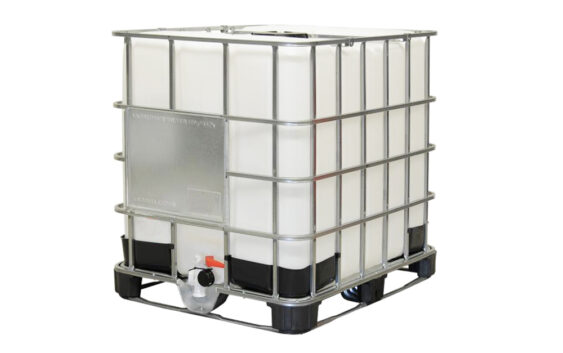- Slot Machines: Spinning Through History, Innovation, and Entertainment
- The Ever-Spinning World of Slots: A Unique Look into Their Evolution and Appeal
- The Fascinating World of Slot Machines: Luck, Technology, and Entertainment
- EmakQQ: Platform Domino QQ Online Terpercaya di Indonesia
- JepangQQ: Platform Permainan Kartu Online dengan Nuansa Modern
Versatility of IBC Tanks: A Sustainable Solution for Modern Industries

Introduction: In an era where sustainability and efficiency are paramount, industries across the globe are constantly seeking innovative solutions to meet their ever-evolving needs. One such solution that has gained prominence in recent years is the Intermediate Bulk Container (ibc탱크) tank. These unassuming yet versatile containers have found a vital place in various industries due to their adaptability, cost-effectiveness, and environmental benefits. In this article, we’ll delve into the world of IBC tanks, exploring their uses, advantages, and their significant role in promoting sustainable practices.
Understanding IBC Tanks
IBC tanks, also known as tote tanks or bulk storage containers, are large, reusable containers designed to transport and store liquids and granulated substances. They typically consist of three main components: a plastic or metal container, a metal frame, and a pallet base. The capacity of IBC tanks can vary, but they commonly hold between 275 to 330 gallons (1,041 to 1,247 liters) of material.
Uses Across Diverse Industries
The versatility of IBC tanks makes them indispensable in numerous industries:
- Chemical Industry: IBC tanks are widely used for transporting and storing chemicals, both hazardous and non-hazardous. Their robust construction and compatibility with a wide range of chemicals make them an ideal choice.
- Food and Beverage Industry: In this industry, IBC tanks are used for transporting and storing liquids such as juices, syrups, and edible oils. They are also employed in breweries and wineries for fermentation and aging processes.
- Agriculture: Farmers use IBC tanks for transporting and storing water, fertilizers, and pesticides. Their durability and ease of handling are advantageous in rural settings.
- Pharmaceuticals: The pharmaceutical industry uses IBC tanks for storing and transporting raw materials, intermediates, and finished products, thanks to their sanitary design and compliance with regulatory standards.
- Cosmetics and Personal Care: IBC tanks are employe to handle and store various ingredients use in cosmetic and personal care product manufacturing, ensuring product quality and safety.
Advantages of IBC Tanks
- Cost-Efficiency: IBC tanks are cost-effective, especially when compared to single-use containers. Their reusability reduces waste disposal costs and lowers the overall cost of materials handling.
- Space-Saving: IBC tanks are stackable, allowing for efficient use of storage space both during transport and in storage facilities. This feature is particularly beneficial for businesses with limited space.
- Environmental Sustainability: The reuse of IBC tanks reduces the consumption of single-use containers, contributing to environmental sustainability by minimizing waste generation and resource depletion.
- Durability: IBC tanks are build to withstand rough handling. Their construction materials are resistant to corrosion, ensuring a longer lifespan and fewer replacements.
- Easy Handling: With built-in pallet bases and forklift pockets. IBC tanks are easy to transport and maneuver, reducing the risk of accidents and injuries during handling.
- Customizability: IBC tanks can be customize with various accessories such as valves, caps. And liners to meet specific requirements, making them adaptable to a wide range of applications.
Conclusion
The IBC tank has evolved into a crucial asset for industries seeking sustainable, efficient, and cost-effective solutions. Its versatility, durability, and eco-friendly attributes have made it a preferred choice across diverse sectors. From chemicals and pharmaceuticals to agriculture and food processing. As industries continue to prioritize sustainability and resource conservation. The IBC tank stands as a symbol of innovation, addressing modern challenges while preserving our planet’s resources.
